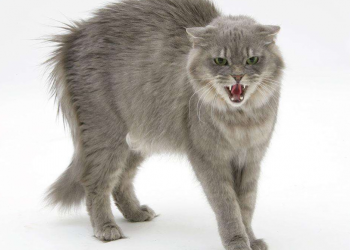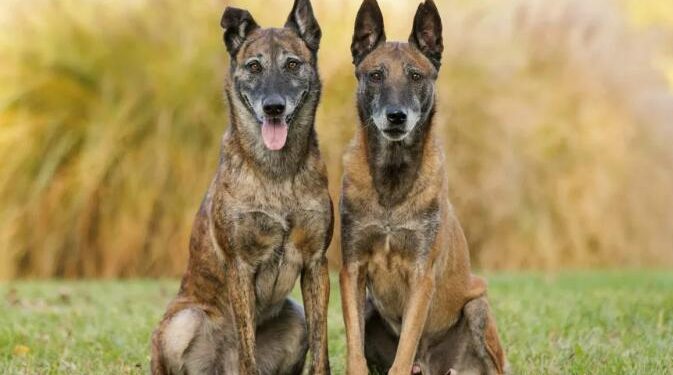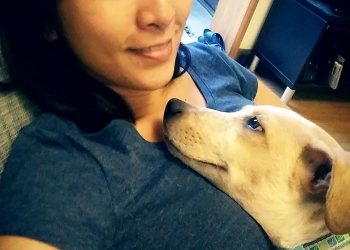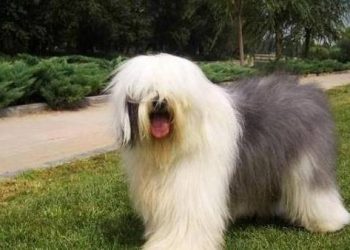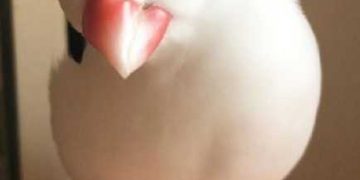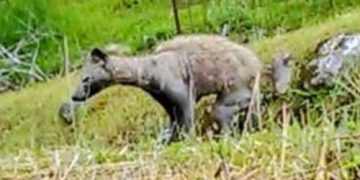With its instinct for herding and working background, the Border Collie is often thought of as the world’s smartest dog, but scientists have now found that the Belgian Malinois may be the most intelligent canine.
A Malionis is a common pick for those who need sniffer, guard and police dogs, and now data show they are the perfect choice as they are independent, problem solvers, quick to respond and adept at reading humans.
Scientists from the University of Helsinki in Finland wanted to create the most comprehensive dataset yet of which aspects of cognition different breeds excel at.
More than 1,000 dogs from 13 different breeds were recruited and their competence in 10 tasks (seven cognitive and three behavioural) was assessed by experts who had created the smartDOG battery of tests.
“Most breeds had their own strengths and weaknesses,” Ms Saara Junttila, study author and a PhD researcher in canine cognition at the University of Helsinki, told The Telegraph.
“For example, the Labrador Retriever was very good at reading human gestures, but not so good at spatial problem-solving ability.
“Some breeds, such as the Shetland Sheepdog, scored quite evenly in almost all tests, i.e., they had neither very high nor very low scores for any test.
“The Belgian Shepherd Malinois stood out in many of the cognitive tasks, having very good results in a majority of the tests,” added study author Dr Katriina Tiira, the owner and chief executive of smartDOG.
“Border Collies also performed well in many of the tests.”
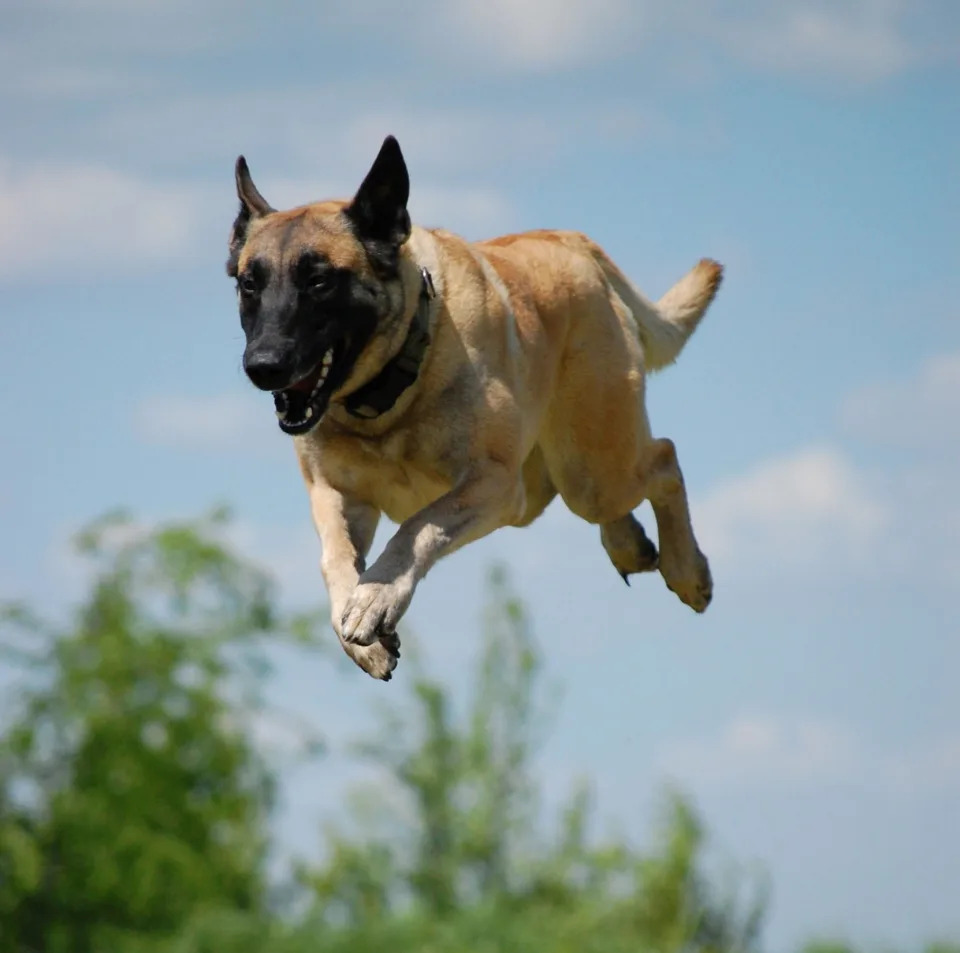
The one test which the team said would be the best gauge for overall intelligence was logical reasoning, where the dog was shown two food bowls and could see that one was empty.
The idea was to see if the animal could infer the food was in the other bowl, which was covered up. But, data revealed there was no difference between the dog breeds for this task.
However, the researchers picked out three tasks, each testing a specific aspect of dog cognition, which did yield results and showed how the breeds differed.
A V-detour task — where the dog has to detour around a transparent V-shaped fence to access a food reward it can already see — partly measures problem-solving ability.
Human gesture reading ability was measured by rating how dogs responded to five human gestures: constant pointing, brief pointing, pointing with the foot, pointing at something whilst facing another direction and following our gaze.
The researchers also investigated how independent a dog was, and how quickly they came to a human for help. An unsolvable task (trying to access food in an unopenable box) was used for this trait.
“Understanding of human gestures is a measure of social cognition, so dogs which performed well in that task are good at reading and understanding humans,” Ms Junttila said.
“The unsolvable task measured a social aspect as well; some breeds scored very highly on human-directed behaviour, meaning they attempted to ask the human for help with the difficult task, whereas at the other end dogs were independently attempting to solve the problem. Both of these responses can be useful in different situations.”
The Belgian Shepherd Malinois came top for both the human gestures and V-detour task, data show, and was the fifth most independent breed.
If ranking overall intelligence on these three traits, with 13 points for first place and 1 point for last place, then the Malinois comes first with 35 points out of a maximum of 39.
Border collies lived up to their reputation, coming second with 26 points, while the Hovawart got the bronze medal with 25 points, one point ahead of the Spanish Water Dog.
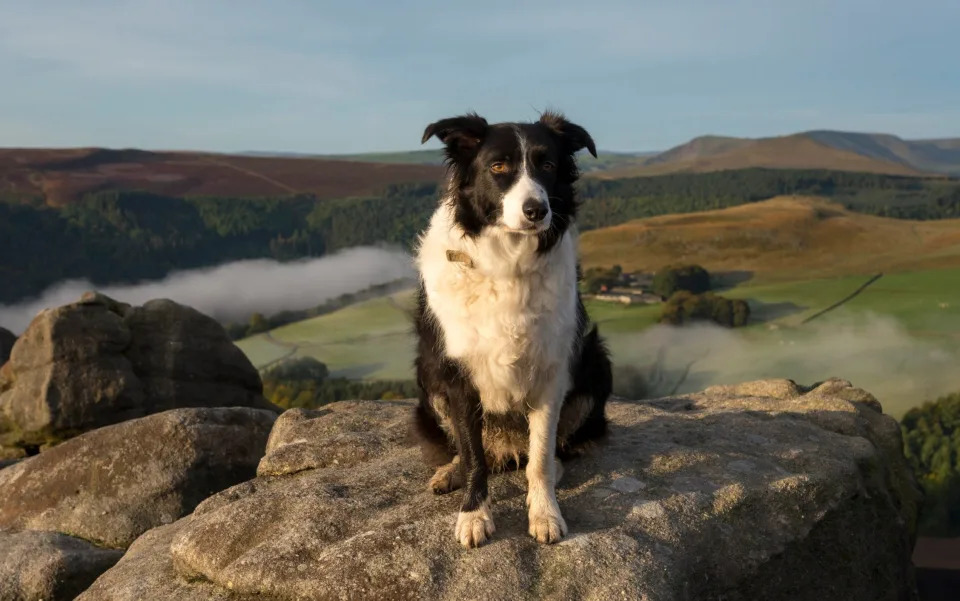
The Golden Retriever and Labrador, known for their emotional intuition, scored highly on the gesture test but poorly on the other two, coming 13th and 9th, respectively.
But the team say rankings of each trait and overall are not as useful as knowing which breeds are better at certain skills than others.
“A cognitive profile of each breed would be much more useful than any ranking system. At the moment, smartDOG data consists of nearly 5,000 dogs, which is a great starting point for breed-specific cognitive profiles,” Dr Tiira told The Telegraph.



